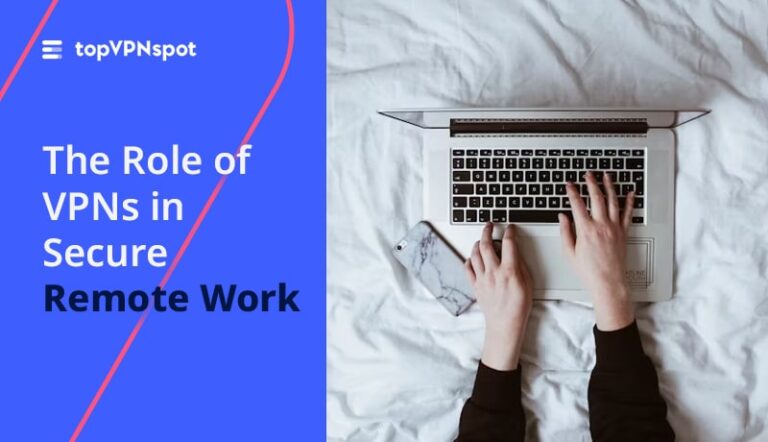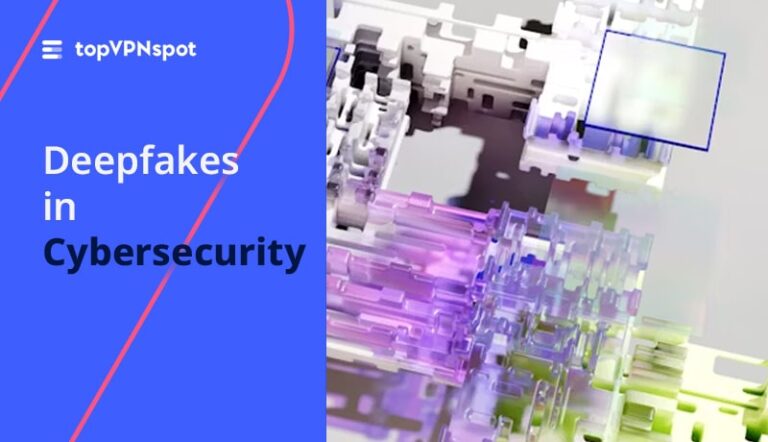The Hidden Dangers Lurking in Your Inbox
Every day, millions of emails are exchanged globally, from personal messages to critical business communications. But lurking in this sea of digital correspondence are threats that can compromise your security and privacy. Phishing and spoofing attacks are growing in sophistication, making it harder than ever to distinguish between a legitimate email and a malicious one. Are your personal emails truly safe?
Understanding Phishing: The Deceptive Trap
Phishing is a cyberattack where criminals masquerade as trustworthy entities to steal sensitive information like usernames, passwords, and credit card details. These attacks often take the form of emails that appear to be from reputable sources, such as your bank, a well-known retailer, or even a friend. The goal is to trick you into clicking on a malicious link or downloading an infected attachment.
Real-Life Example: A common phishing scam involves an email that looks like it’s from your bank, warning you of unusual activity on your account. The email urges you to click a link to verify your identity, which then takes you to a fake website designed to steal your login credentials.
The Insidious Nature of Spoofing
Spoofing, on the other hand, involves forging the sender’s address in an email to make it appear as though it’s coming from someone you know or trust. This technique is often used in conjunction with phishing to make the fraudulent email more convincing. By exploiting the trust between email correspondents, spoofers can deceive recipients into revealing confidential information or downloading malware.
Real-Life Example: Imagine receiving an email that appears to be from your company’s CEO, instructing you to transfer funds to a new account. Without a second thought, you comply, only to realize later that the email was a clever spoof and the money is gone.
The Grave Consequences of Falling Victim
The repercussions of falling for phishing or spoofing attacks can be severe. Financial loss, identity theft, and unauthorized access to sensitive accounts are just the beginning. Once cybercriminals have access to your personal information, they can exploit it in various ways, often leading to long-term damage to your credit and reputation.
Statistics Highlight: According to a 2022 report by the Anti-Phishing Working Group (APWG), there were over 1.2 million unique phishing attacks in the first quarter of the year alone, marking a significant increase from previous years.
How to Protect Yourself: Practical Solutions
- Be Skeptical of Unsolicited Emails
- Always verify the sender’s email address and be cautious of unsolicited emails asking for personal information or urgent actions. Look for subtle discrepancies in the email address and be wary of generic greetings like “Dear Customer.”
- Hover Over Links Before Clicking
- Before clicking any link, hover your mouse over it to see the actual URL. If it looks suspicious or doesn’t match the context of the email, do not click it. Instead, visit the website directly through your browser.
- Verify Through Another Channel
- If you receive a request that seems unusual, verify it through another communication channel. For instance, if you get an email from a colleague asking for sensitive information, call them to confirm.
- Enable Two-Factor Authentication (2FA)
- 2FA adds an extra layer of security to your accounts by requiring a second form of verification. Even if your password is compromised, the attacker would still need the second factor to access your account.
- Use Antivirus and Anti-Phishing Software
- Install and regularly update antivirus and anti-phishing software to protect your devices from malicious attacks. These tools can detect and block phishing attempts before they reach your inbox.
The Role of VPNs in Enhancing Email Security
A Virtual Private Network (VPN) can be a powerful tool in safeguarding your online activities, including email communication. Reliable paid VPNs offer military-grade encryption, masking your IP address and making it significantly harder for cybercriminals to intercept your data.
Benefits of Using a VPN:
- Encryption: VPNs encrypt your internet traffic, protecting your data from being intercepted by hackers.
- Anonymity: By masking your IP address, VPNs provide anonymity, making it difficult for attackers to target you.
- Secure Public Wi-Fi Use: VPNs secure your connection when using public Wi-Fi, a common target for cybercriminals looking to steal personal information.
Top Recommendation: Consider using a trusted VPN provider like NordVPN or ExpressVPN. These services offer robust security features, including encryption, no-log policies, and secure server networks, ensuring that your online activities remain private and protected.
Stay Vigilant: Your Best Defense
In the ever-evolving landscape of cyber threats, vigilance is your best defense. Regularly update your security practices, stay informed about the latest phishing and spoofing techniques, and utilize tools like VPNs to enhance your online security. By taking proactive measures, you can protect your personal emails and safeguard your sensitive information from falling into the wrong hands.
Remember, in the digital age, a moment of caution can prevent a lifetime of regret. Stay alert, stay informed, and stay safe.
Struggling to select the ideal VPN? Consult our thorough, user-friendly comparison of leading VPN services to determine the perfect fit for your online security needs.
Why trust us
Behind every review is our team’s real-life, multi-device, cross-location VPN showdown. We’re all about the facts, not the hype. We’ve spent hours testing VPNs on every device we’ve got – to bring you advice that’s as genuine as it gets.
212
Hours of rigorous testing of each top VPN service
100%
Strict policy of unbiased testing & assessment
No Ads here
To help us keep it ad-free you can follow us on X
Reader Favorites
Privacy
April 2024
•
5 min read
Uncover the hidden dangers of online identity cloning and learn how to protect your digital self from cybercriminals
Danyal Sadique
VPNs
April 2024
•
5 min read
Discover why a VPN is essential for travelers and how it enhances security and accessibility abroad
Umar Zaman A.
Security
April 2024
•
5 min read
Prepare for the future of cybersecurity by understanding and defending against next-gen AI-driven threats
Raffeain K.
VPNs
May 2024
•
5 min read
Ensure secure remote work by using VPNs to protect sensitive data and communications. Learn key best practices for optimal safety
M. Zayan
Security
June 2024
•
5 min read
Unveil the risks posed by deepfakes in cybersecurity and discover ways to protect against this emerging threat
Danyal Sadique
Privacy
April 2024
•
5 min read
Explore how your data is driving AI development and what you can do to maintain control over your personal information
Umar Zaman A.
We are an alliance of passionate cybersecurity experts, united by a shared mission to disseminate our in-depth knowledge of digital security measures. Our commitment is to empower internet users by providing them with the essential tools and insights needed to navigate the online world safely. Through topVPNspot.com, we offer a platform where our collective experience in cybersecurity converges to guide users in protecting their digital presence effectively.





